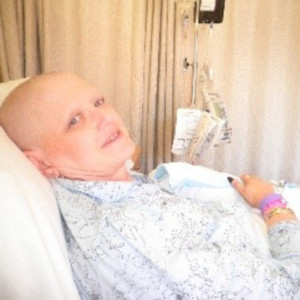Chemotherapy: Treatment, Side Effects & Benefits
What Is Chemotherapy?
Chemotherapy (often referred to as ‘chemo’) is the administration of anti-cancer drugs to kill cancer cells.
How is Chemotherapy administered?
Chemotherapy can be given intravenously (injected into your vein) or orally. The drugs used will depend on the type and stage of breast cancer. There are often side-effects associated with chemotherapy, including nausea, fatigue, hair loss, mouth ulcers and constipation.
Types of Chemotherapy
Neoadjuvant chemotherapy
In some cases, chemotherapy may be recommended before surgery (called neoadjuvant chemotherapy) as it may shrink the tumour and provide the patient with more surgical options.
Adjuvant chemotherapy
When chemotherapy occurs following surgery, it is referred to as adjuvant chemotherapy. Adjuvant chemotherapy may be used to kill any cancer cells that remain or to lower the risk of cancer recurrence.
Chemotherapy side effects
- Nausea and vomiting
- Fatigue (tiredness)
- Changes in appetite
- Changes in taste
- Hair loss
- Dry mouth
- Diarrhea or constipation (often due to anti-nausea medication)
- Numbness/tingling in hands and/or feet
- Skin changes (dry skin, redness, itch) and skin sensitivity to sunlight (specific drugs only)
- Flu-like symptoms (including fever)
- Mouth and gastrointestinal sores or ulcers
- Allergic reaction
- Thinking and memory changes
- Decreased kidney function
- Hearing loss and/or ringing ears
- Muscle weakness
- High blood pressure, abnormal heart rhythms, and heart failure
- Changes in fertility
- Increased risk of infection due to immune suppressive activity.

“This photo was taken on my seventh lot of chemo. I have been having chemo for 10 years now one way or another. Thank you to NBCF funded researchers who are looking at ways to prevent, detect, monitor, and treat breast cancer to ultimately save lives. We know that 9 Australians die each year from breast cancer which is really sad and my family thinks about this every day with me as I have advanced breast cancer but I want to say a huge THANK YOU to the doctors and researchers who are trying to keep me alive.” Tracey, diagnosed 2010